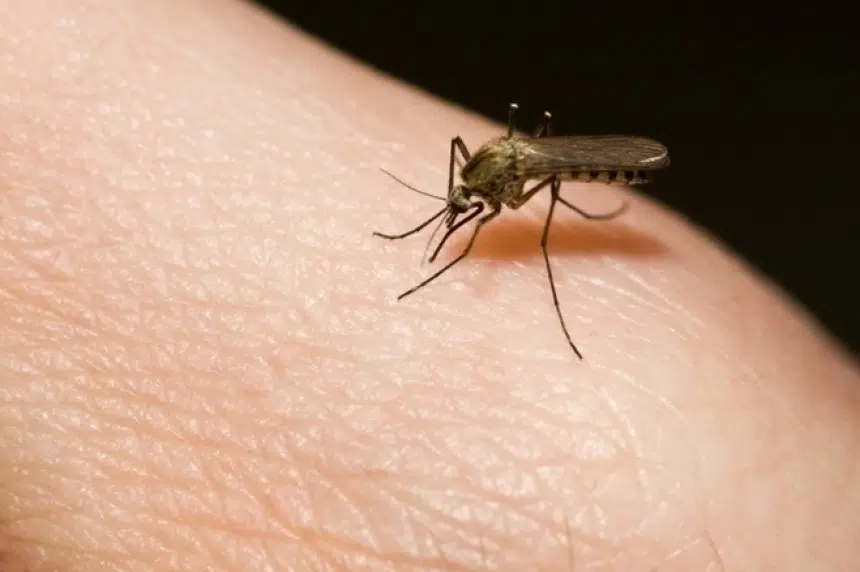The province confirmed two people tested positive for West Nile virus in Saskatchewan. However, it’s not clear if they were infected this year.
Deputy chief medical health officer Dr. Denise Werker said the tests could be a cross-reaction to other viral infections or an infection from a previous year. Werker said it’s important people get a follow-up test done.
The cases the government counts are the neuro-invasive forms of the virus.
Severe symptoms are fever, headache, neck stiffness, paralysis and can fall into a coma.
Werker said that only affects about one in 150 cases of West Nile virus.
Province reminds people to be aware of West Nile
While there has been a low number of mosquitoes this year, the province is reminding people to take precautions against the tiny blood-suckers.
According to the province, late July and early August is the peak times for West Nile virus infections. The mosquito that carries the virus, Culex tarsalis, is most active and in the greatest numbers.
“The take home message is that there’s very few mosquitoes out there but the few that are, are Culex tarsalis and a number of them might be affected with West Nile Virus,” said Phil Curry, the West Nile coordinator with the province.
He said the mosquito prefers warm evenings and throughout the night.
“It’s the mosquito that comes out in around dusk right about the time you’re finishing the baseball game or settling in around the campfire or settling in for the night.”
Some of the precautions the province recommends taking are:
- Cover up and use insect repellent
- Reduce the time spent outside between dusk and dawn when Culex tarsalis are most likely to bite
- Clear yards of items that can collect water
- Regularly clean and empty bird baths and eavestroughs
- Ensure rain barrels are covered with mosquito screen or are tightly sealed around the downspout
- Keep bushes, shrubs and lawns clear of overgrowth and debris
- Make sure door and window screens fit tightly and are free of holes











